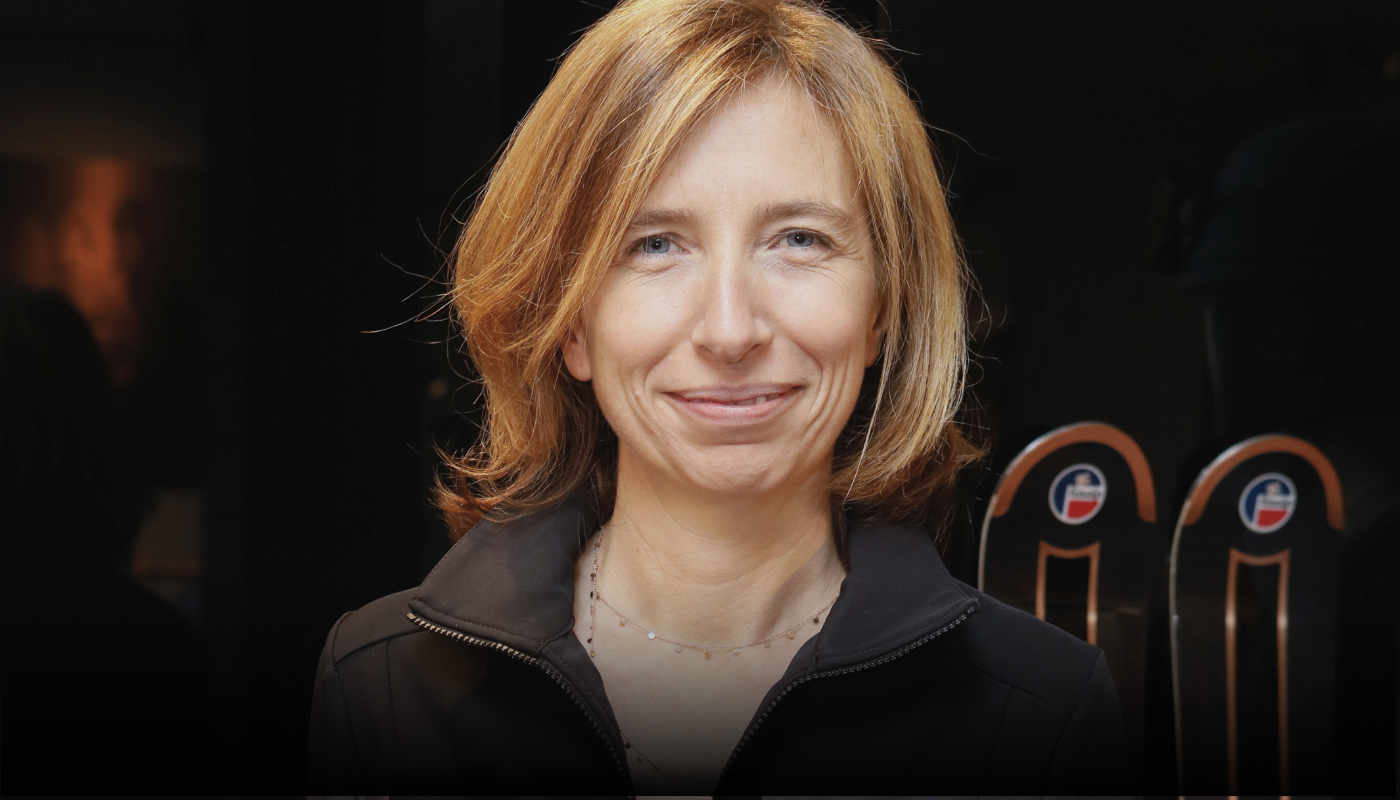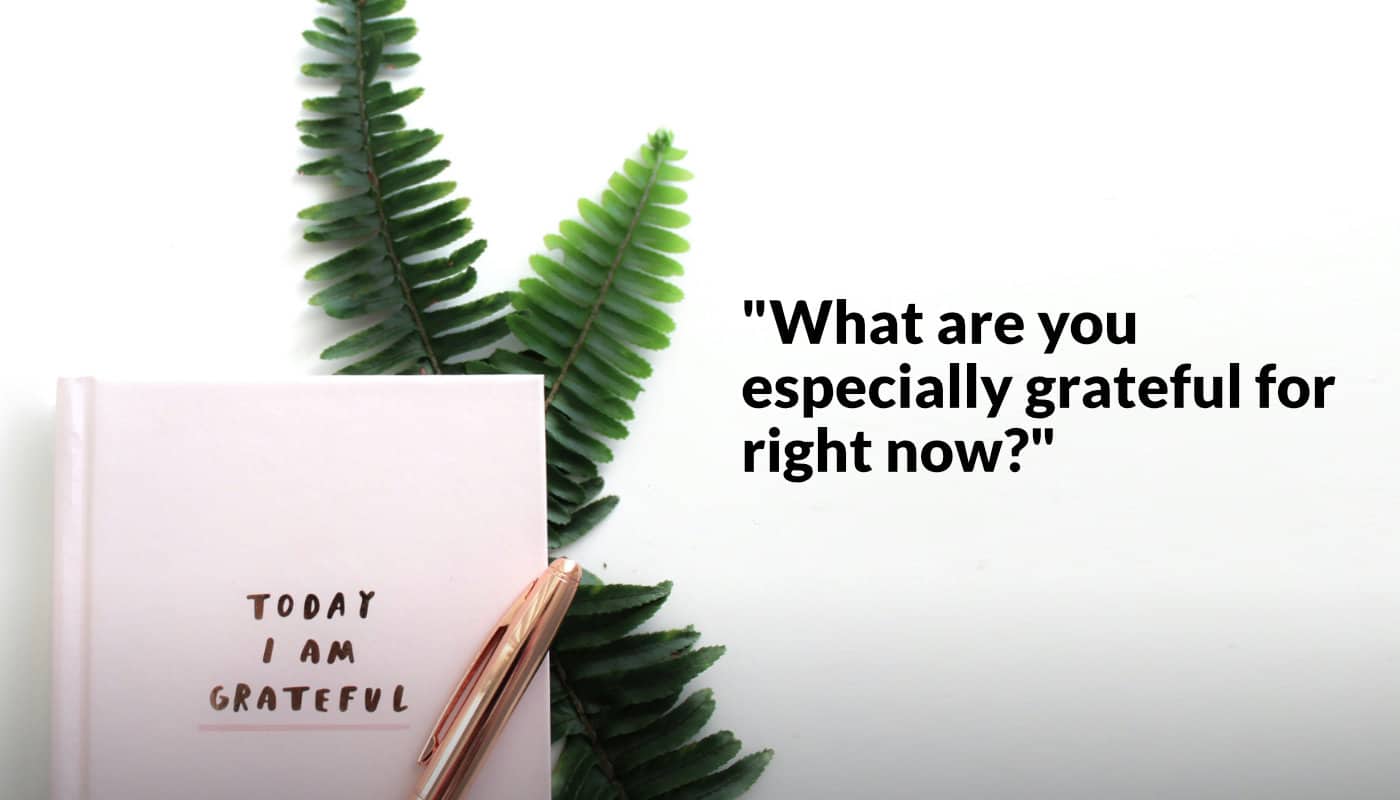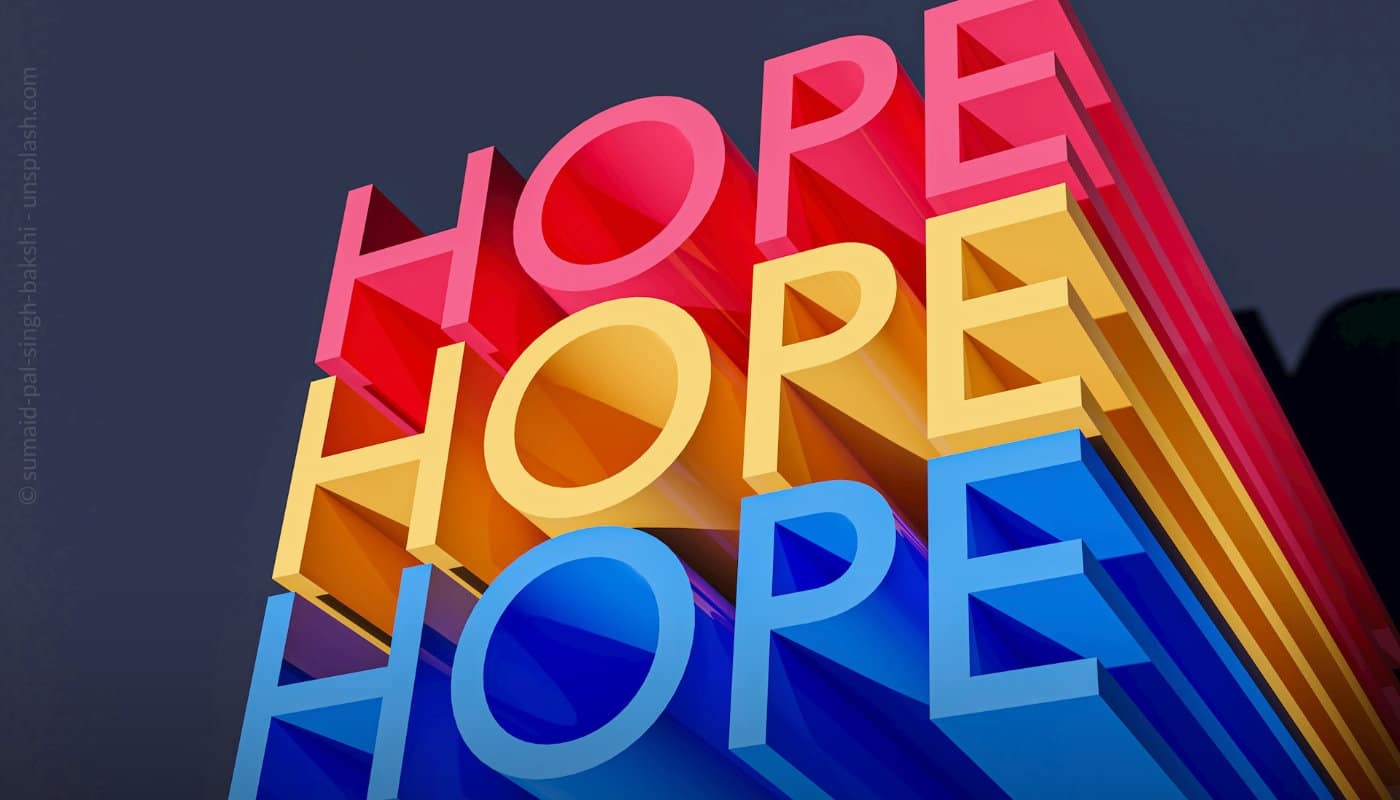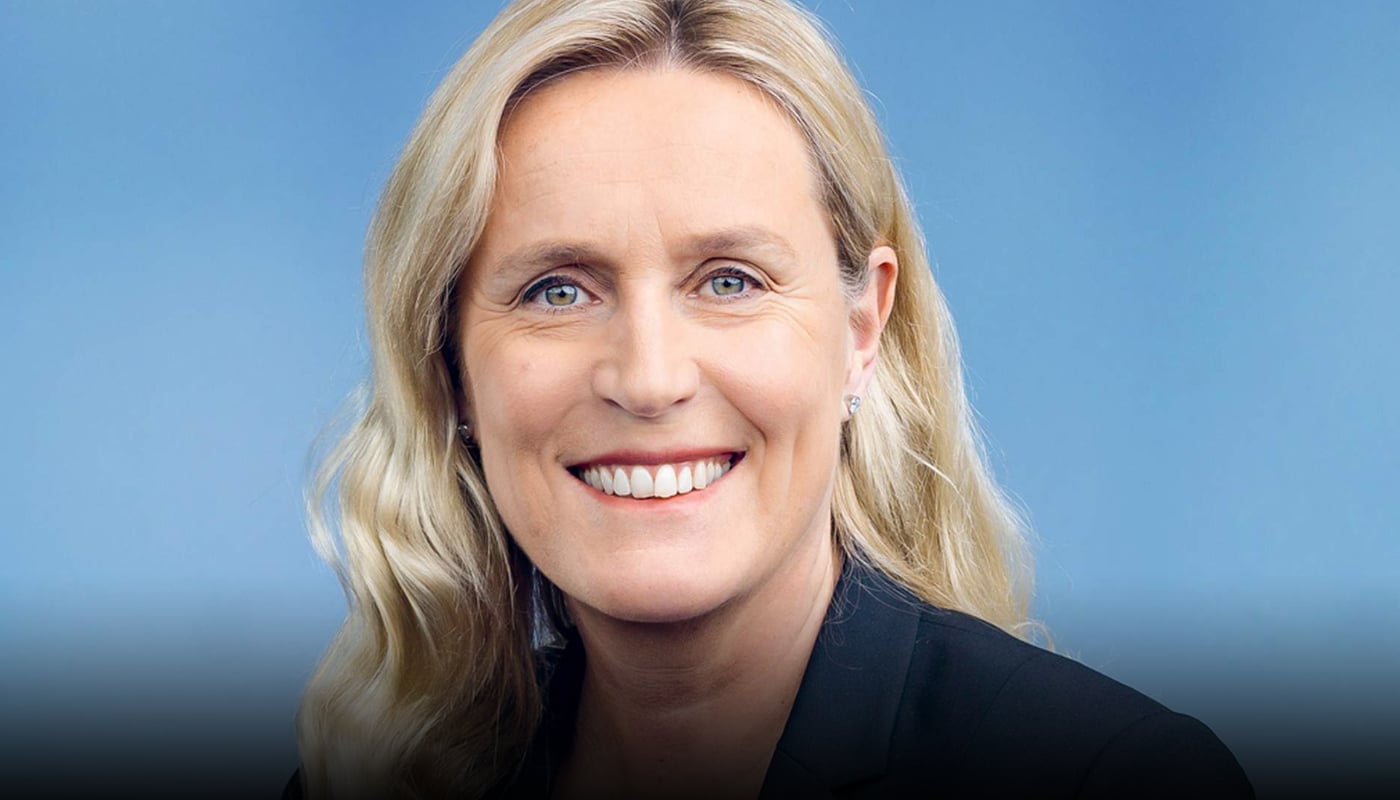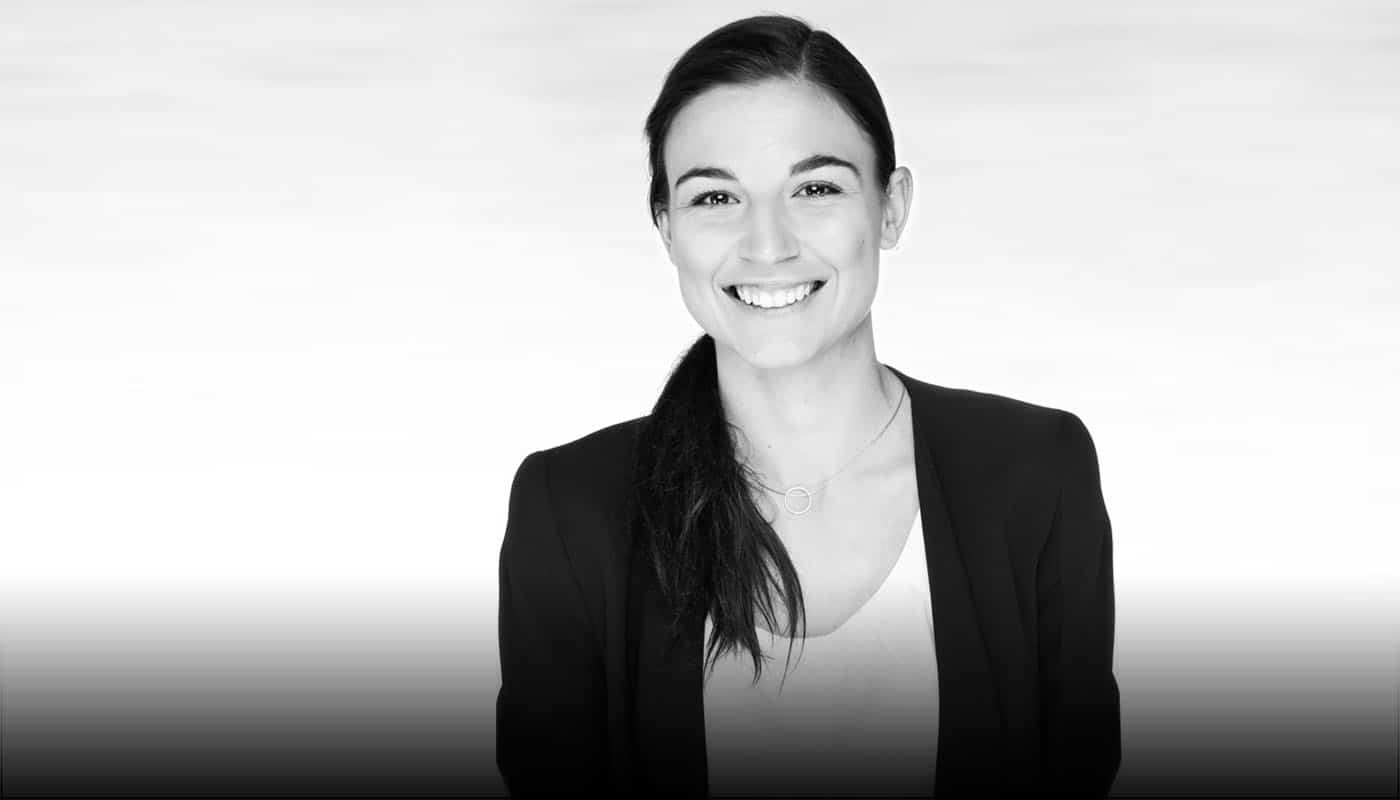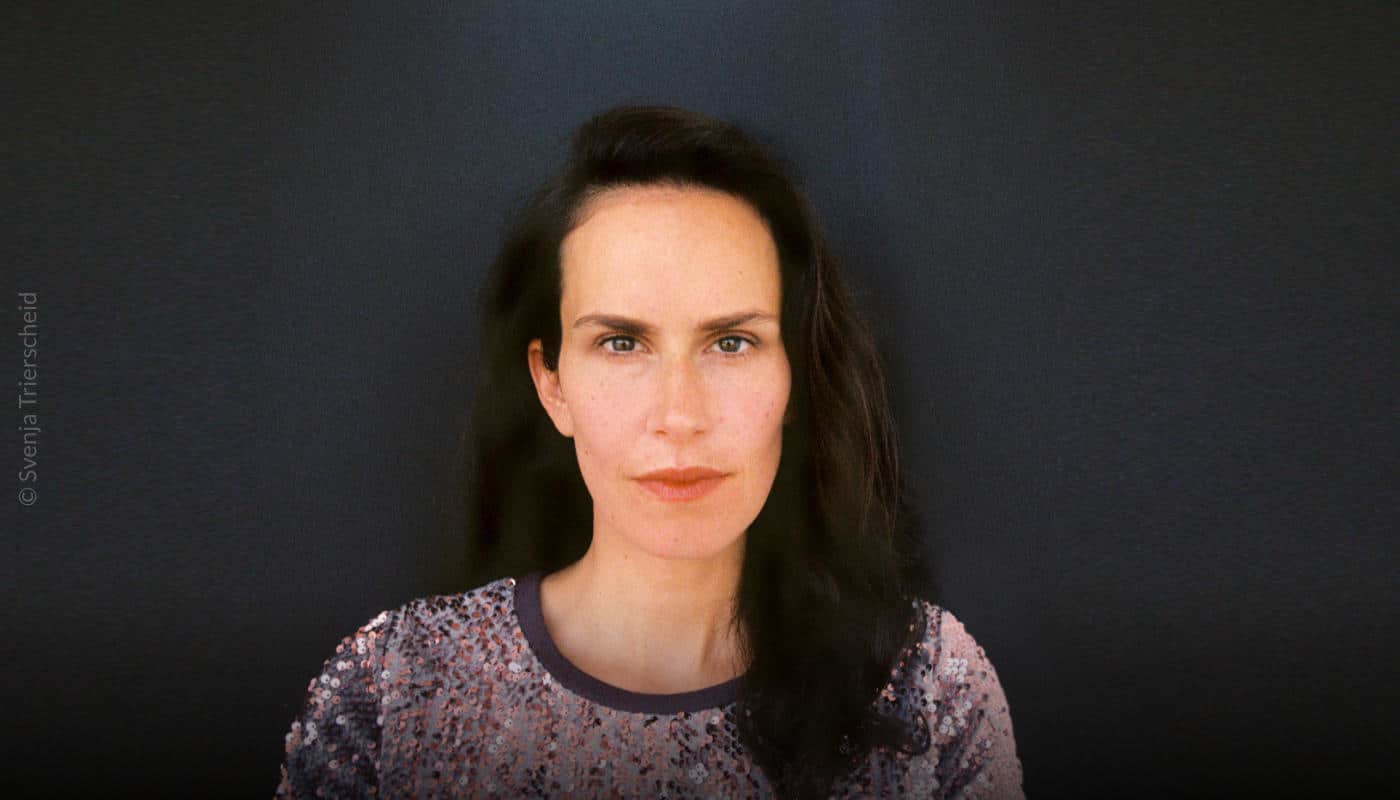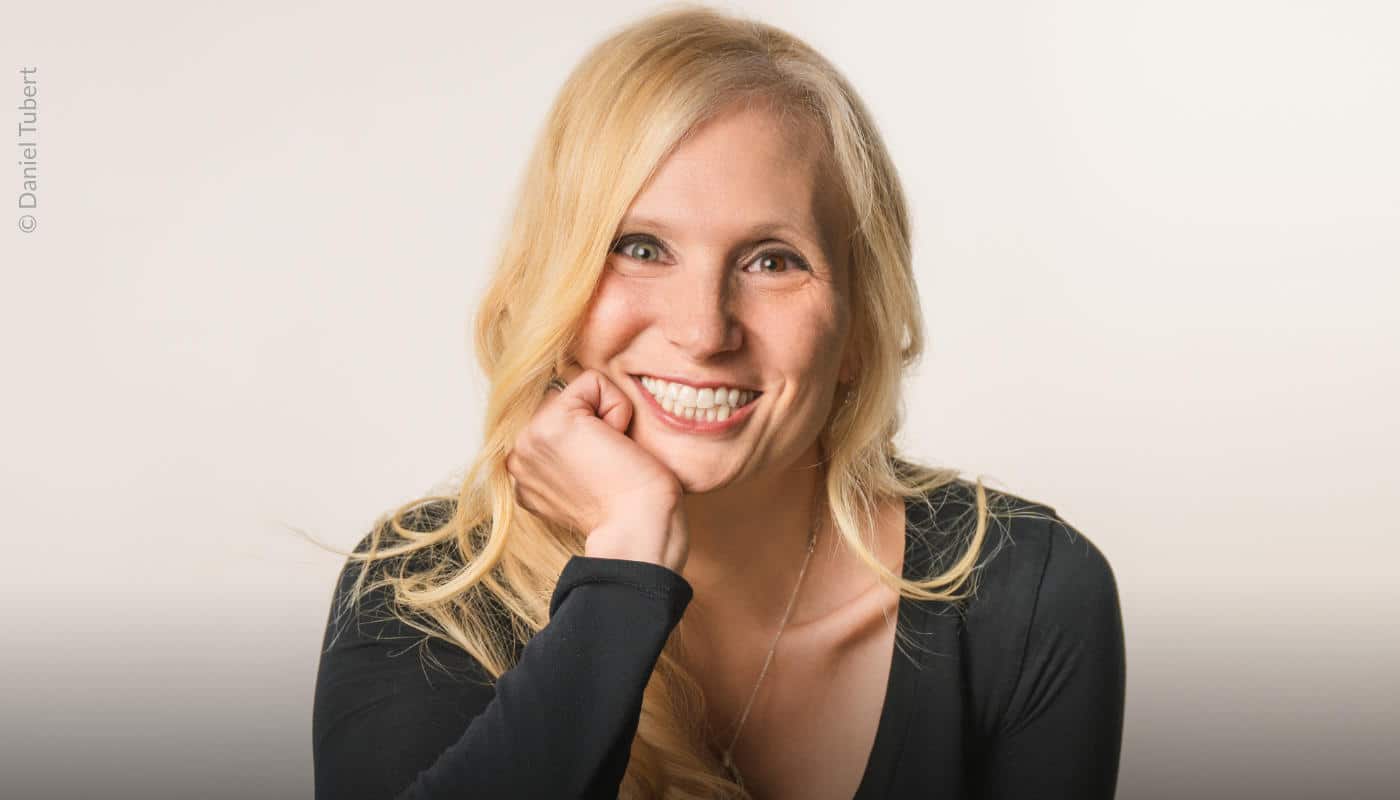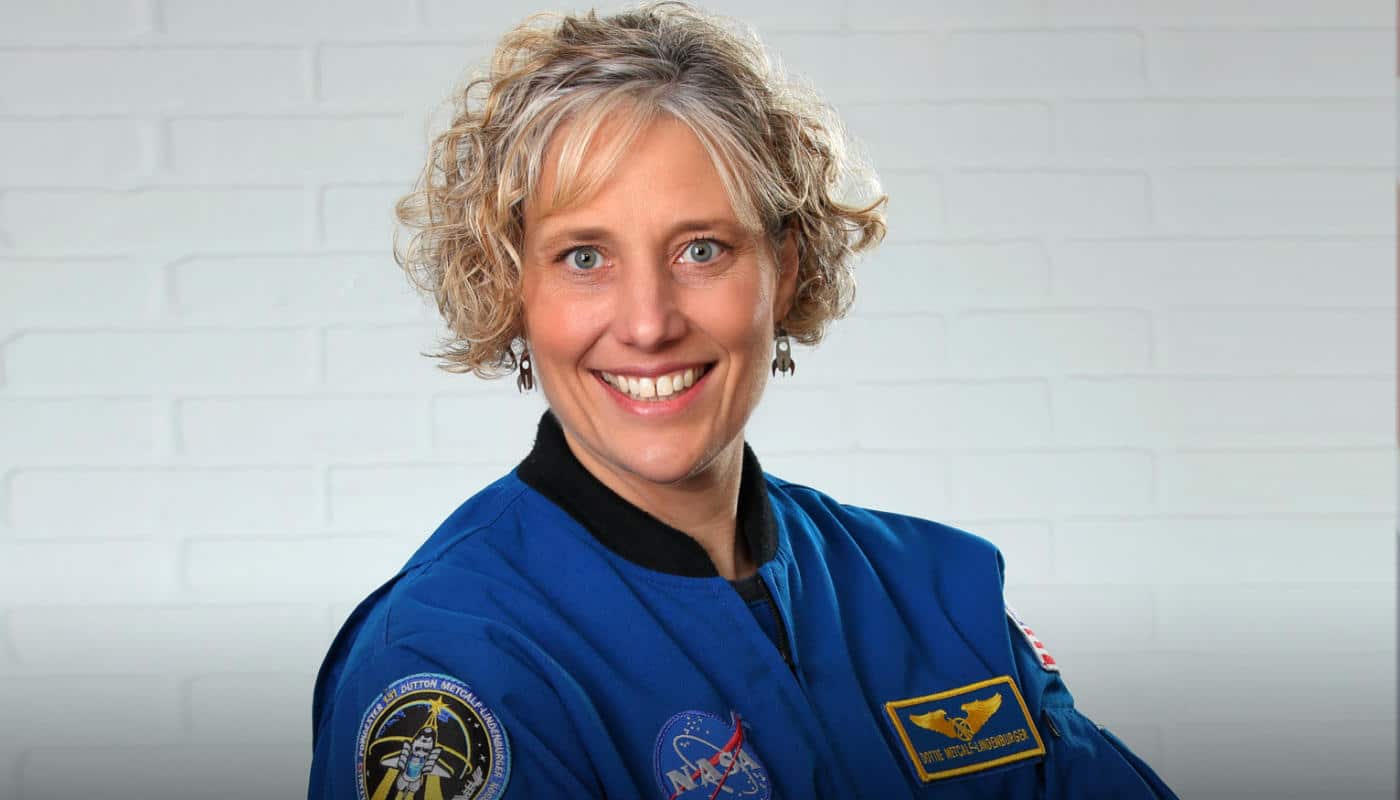A family dispute cost Sophie Lacoste and her family the famous fashion company with the crocodile. But today she sees it in a positive light: together with her brother, she bought the ski brand Fusalp thanks to the exit. In an interview with herCAREER, the business women and board member of Fusalp, who is coming to Munich in September 2021 as keynote speaker, talks about her lessons from the sometimes painful past and about her strategy for the future.
From crocodile to alpine fashion: What Sophie Lacoste has learned from a family dispute
herCAREER: Sophie, you were on the board of Lacoste for ten years, until 2012. Was it always clear to you that you wanted to join the family business?
Sophie Lacoste: Actually, I never really entered the family business, because I was “only” on the board of directors and of course on many committees. I also managed the company foundation, which helps young people to develop and find their way through sporting activities and sporting values. But I didn’t really have anything to do with the operative business. I did study economics and management, but then decided to pursue a career as an actress. For ten years, parallel to my board duties, I worked full-time as an actress and had my own Theatre Company. In the beginning, I worked no more than one day a week for the family business. But from 2010 on, the company cost me more and more time and so at some point I decided to give up the theatre and focused on the management.
herCAREER: What was the reason for this change in your career?
The company grew very strongly at that time and I had the impression that we were ill prepared for it. I felt responsible to get more involved. That didn’t fit together so well anymore: Acting and corporate business are really different kinds of energy. Being an artist is about being open, listening and soak up everything like a sponge. But in management you have to act. It’s like being on stage all the time. You make decisions and you have to be self-confident. I could not do both at the same time. So, I slowed down acting progressively.
herCAREER: In 2012, there was a family conflict that got a lot of press coverage. After you took over the chairmanship of the board of directors from your father, he publicly accused you of not having the competence to run a business. In the end, the dispute led to the family having to sell the company. Would you say, you failed?
It’s difficult for me to talk about that. I don’t want to dish up the old story. Additionally, in France it’s terrible when you fail. It’s not easy to admit and it’s not appreciated. Of course, I was partly responsible for the fact that we couldn’t come to an agreement in the family. But I have learned a lot from that. It was like an accelerated MBA. The whole experience was painful, but not in vain. I do not see it as a failure, because it enabled my brother Philippe and me to build a new company. We then had the financial means to buy the Fusalp brand. That is the most important thing for me now: we have a great team and a wonderful project.
herCAREER: What have you learned from the experience?
The whole story has given me a lot of strength. When you run a business, you always have trouble and many fights to fight. But at the end of the day you realize that nothing was so bad that you couldn’t get through it. That’s what I want to keep in mind. Today I can more easily look at the problems of the company in a joyful state of mind.
My experience as an actress also helps me in this. Because I’ve learned that I don’t have to take everything personally. If aggressions are directed against me, it’s not necessarily against me personally, but often against my ideas or what I stand for. Today I can better separate the personal things from my role in the company. This paves the way for positive management. Joy is a key concept for me.
herCAREER: How do you live this at Fusalp?
Every day I can gather people around a project that motivates them. They work together on this cause and they and their families make a living out of it. At Fusalp we are aware of our social responsibility. Together with the CEO, who is a partner and shareholder in the company, we promote a people-friendly corporate culture. For example, we communicate very transparently, our CEO sends out a personal newsletter to everyone every week and reports on things we have learned. In all this, however, we have to be very modest, because our business is not a matter of life and death. We only sell clothes.
herCAREER: Why didn’t you take on the role of the CEO yourself?
As a member of the Board of Directors, I can help shape various topics. We are a small company, so I also take part in the finances, all legal issues, communication and strategy – for example, where we want to open up business in the future. This is very diverse and I enjoy being part of a team – with the CEO, my brother and his wife Mathilde, who is the artistic director. I also want to have time for my family.
herCAREER: What are your challenges in repositioning a traditional brand like Fusalp?
The competition in the textile industry is fierce. When we bought the brand at the beginning of 2014, we therefore first had to give the company its own touch and worked out its unique selling point: We are not just a ski clothing brand, but you can wear our fashion everywhere – even at home, on the way to work or when doing yoga. We have found new distribution channels by opening our own stores worldwide. This helps us to develop globally. Because only if we continue to expand the business will be profitable in the long term.
herCAREER: So far, your business has been very successful. Since the takeover, annual sales have increased from 6 to 30 million euros and the number of employees from 40 to 150. But entrepreneurship is also always a risk…
That’s right, the risk is omnipresent. But we do not shy away from it. The important thing is not to be pressured. We try to do things the right way, but not too fast. Many people are pushing us to do things faster, so we are very happy to be autonomous in our shareholder structure. We go at our own rhythm in decision making and only take risks that we can oversee – no more. It’s about securing the brand in the long term, which is more important than the personal success of any one of us.
But there is no guarantee of success. Especially at the moment in view of the Corona crisis. Despite all our successes to date, we should therefore remain humble. We do not know what the year will bring. We will probably go straight from the health crisis to the economic crisis. These are enormous challenges, but they also offer many opportunities if we manage them well. It will be hard work and we will also need a bit of luck.
herCAREER: What is the current situation in your company?
Our stores have been closed for a few weeks now and we don’t know when we can reopen them. Even e-commerce is not working so well because people are not buying clothes right now. Almost all of our employees are working from home, only a few come to the office – in compliance with security standards, of course. Most of the employees are on short-time work: they currently work only about a third of their normal working hours. We receive a short-time working bonus from the French government, so we only have to pay about as much as the employees actually work. This enables us to reduce our fixed costs during the crisis.
herCAREER: How are you trying to manage the uncertain future in the face of Corona crisis?
We have been working on a strategy for the time after the lockdown since the autumn. We are also active in China, where the government is now relaxing its measures again after the plant closures. That’s why we have a timetable for when which businesses might reopen. At the same time, we are devoting ourselves to the collection for next winter. We use the time for future innovations. Of course, we are not launching a communication campaign right now, but we are preparing for the time of economic recovery.
herCAREER: Do you have any professional role models?
My greatest role models are my grandparents. They had a strong sporting spirit, which included dealing with defeats and getting up again afterwards. My grandmother Simone Lacoste was an inspiration to me because she was very open to all kinds of social affairs. And there is another woman who is really a role model for me: Claudie Haigneré, the only French woman who has been in space. She is simply incredible and has a fascinating view of the world. With all the changes and challenges that we as humanity now face, it is important to listen to these kinds of people.
herCAREER: To what extent do women need more such female role models?
I feel particularly drawn to such women who have made a special achievement. We can learn a great deal from them and it motivates us that they have achieved something so extraordinary. I’m sure many women see it that way. It is good if we communicate more with each other and exchange our learnings. But we do not only experience challenges due to our gender – that alone is not enough. We should not be reduced to that. Our way of thinking is not only determined by being a woman. We should remain open and expand our personalities in all directions that are good for us.
herCAREER: What advice would you give women on how to deal with the current situation professionally?
It is important to listen to yourself. At least this is true for me: Every time I had a bad feeling about a decision – be it about recruiting or a strategy question – I was often right. But if we then let ourselves get side-tracked by conventional ideas, things often go to hell, for example because a person doesn’t fit into the team and the situation can’t be resolved so easily. It is often better to take this little voice seriously instead of orienting ourselves towards the leadership style or behaviour of others. We should listen more to ourselves.
In her keynote speech “Joy at work and why we should fight for it” at herCAREER on 17 September 2021, Sophie Lacoste will report on how her experience today enables her to promote joy at work for herself and others – even in difficult times.
About the interviewee
After graduating from Oxford in England and Dauphine in Paris, Sophie Lacoste entered the Lacoste SA board in 2004, where she remained until 2014. The story of her grandfather René Lacoste, and that of her family, initiated her passion for the company. At the end of 2012, when the family business was sold, Sophie Lacoste and her brother Philippe decided to embark on a new entrepreneurial adventure. In December 2013, they purchased Fusalp, a company to which Sophie is the administrator. The challenge was to revive the brand in France and abroad and establish its legitimacy on the slopes and in the city. After graduating from ERACM (French National Drama School) in 2003, Sophie Lacoste also performed as an actress and directed her own theatre company for almost 10 years. Equally passionate about both the artistic dimension and the political and social implication of her vocation, she drew from her artistic journey the roots of her philanthropic ambition. In 2006, paying homage to her grandfather, whom she was very close to, she created the René Lacoste Foundation which helps young people find a new path through sport. She chaired the foundation until 2014. Sophie Lacoste is now President of the Porosus Endowment Fund, a family fund created in late 2012 dedicated to the emergence of young talents in the artistic and sports fields. This Fund works in particular by providing writing grants to directors of feature and short films, production grants to theatre companies as well as grants to students in national art schools. It also supports sports projects including golf, horse riding, surfing and dancing.
